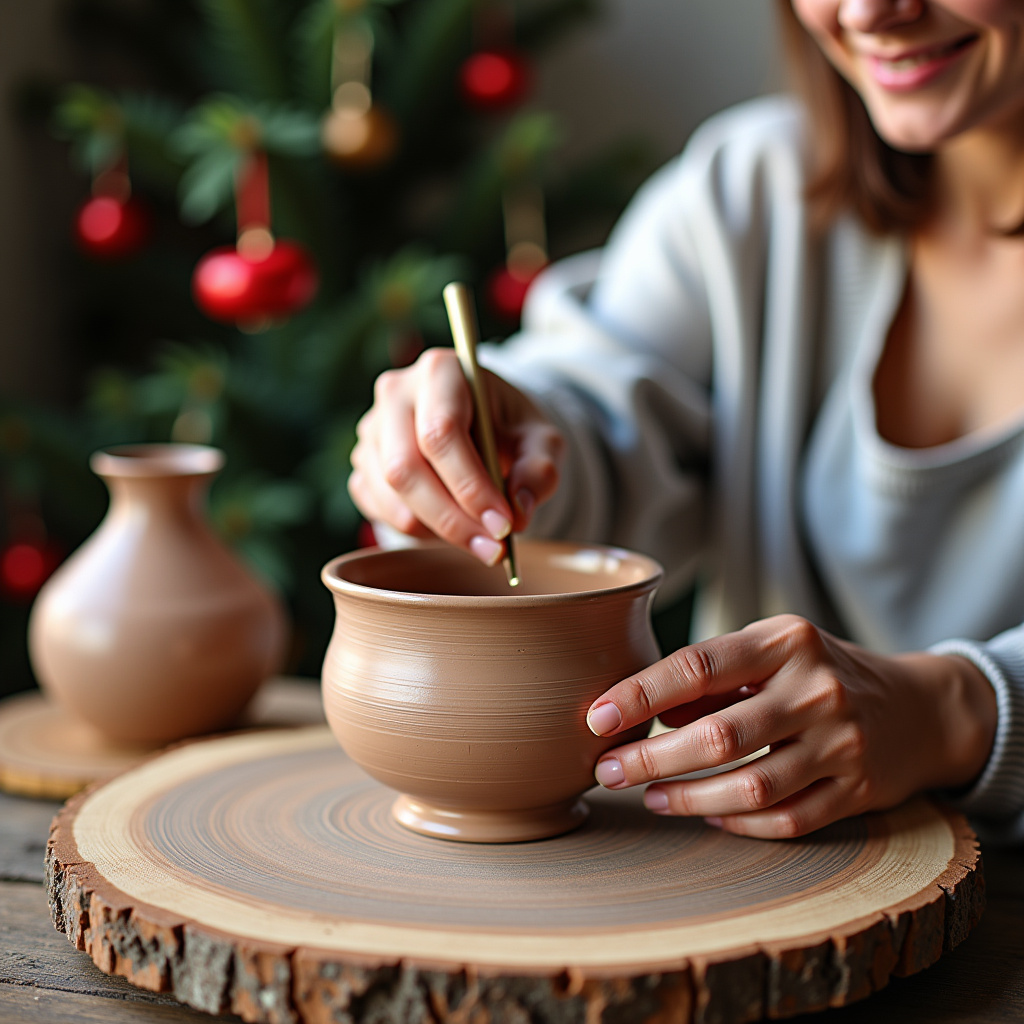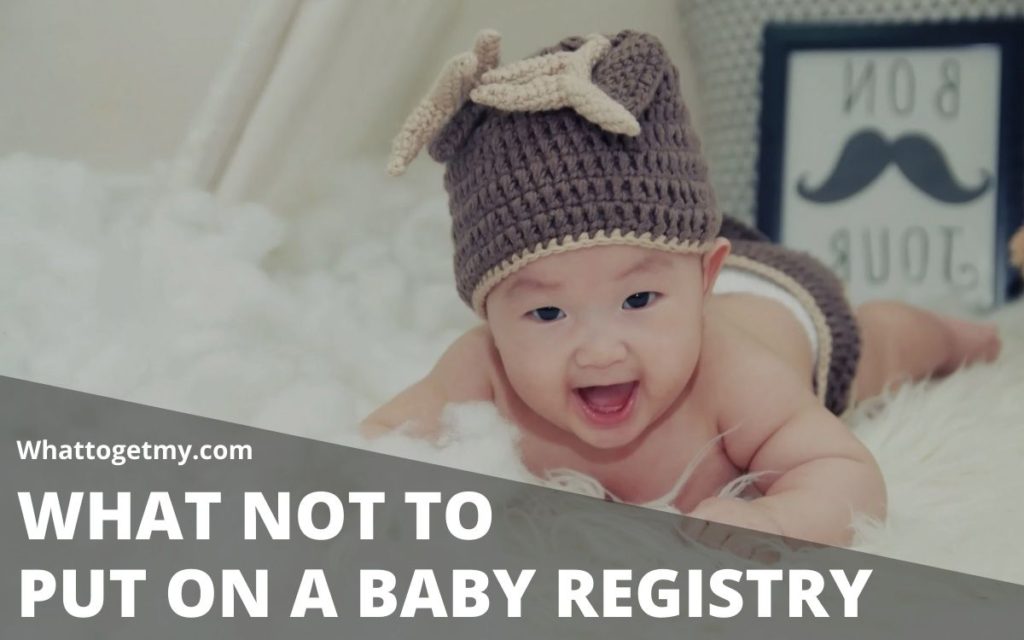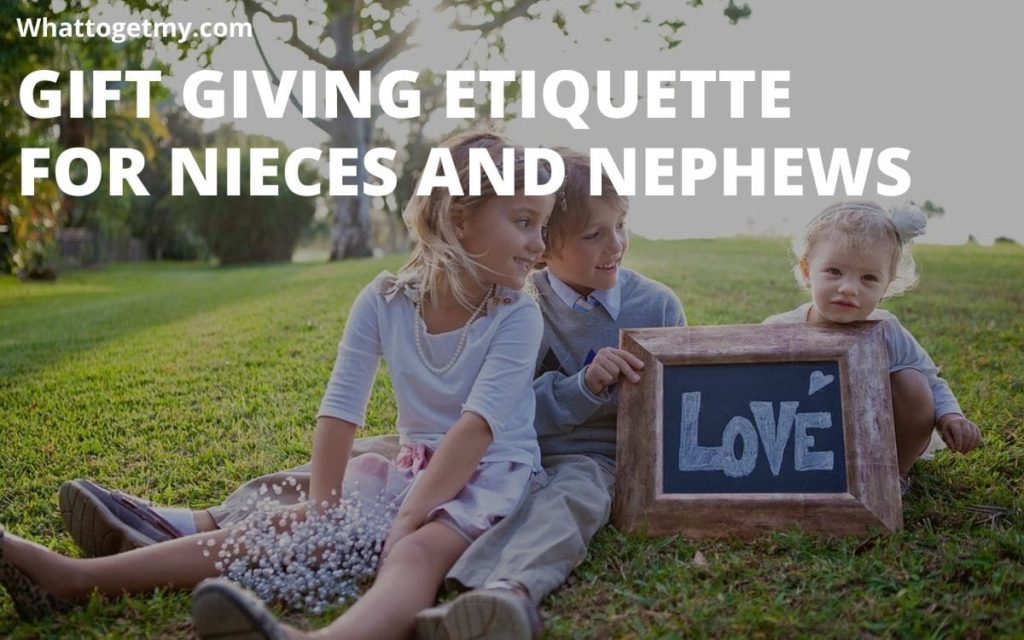What's Next for Experiential Gift Ideas? Latest Trends
The way we give gifts is constantly evolving, moving away from simply accumulating stuff toward creating lasting memories. This shift is especially noticeable as we approach the holiday season, making the exploration of experiential gift ideas more relevant than ever. Whether you’re scrambling for last minute birthday gifts or planning thoughtful presents for Thanksgiving hosts, understanding the current landscape helps us choose gifts that truly resonate. This analysis dives deep into the latest trends shaping how we gift experiences, from the hyper-local to the digitally enhanced.
The Current Landscape: Beyond the Tangible
For years, the gift market was dominated by tangible items. However, post-pandemic consumer behavior shows a strong preference for utility, personalization, and memorable moments. People are realizing that a well-chosen experience often provides far more joy than another gadget destined for the back of a closet. This doesn't mean physical gifts are dead—far from it—but the value assigned to them is shifting. Now, even smaller tokens, like cheap personalized gifts or under $25 gift ideas, are being judged on their potential to facilitate an experience or connection.
We’re seeing a bifurcation: one side focuses on high-value, memorable adventures, and the other focuses on accessible, small-scale connection builders. Both thrive on the concept of shared time or skill acquisition.
Trend 1: The Rise of Hyper-Local, Micro-Experiences
The first major trend redefining experiential gift ideas is the hyper-focus on local, immediate experiences. Consumers are tired of national, impersonal gift certificates that expire before they can be used.
What the Trend Is
This involves gifting access to highly specific, often niche local activities. Think private pottery lessons with a local artisan, a curated neighborhood food crawl, or a specialized workshop hosted at a community space.
Evidence and Implications
Post-pandemic, there’s a renewed appreciation for local businesses and community ties. Data from localized booking platforms shows a 40% year-over-year increase in bookings for workshops involving craft beer brewing, urban foraging, and specialized fitness classes. For gifts for new homeowners, instead of a generic fruit basket, an experience like a local landscaping consultation or a guided tour of the neighborhood’s best hidden spots offers immediate utility and connection.

Capitalizing on This Trend
For gift-givers, this means researching beyond the big box stores. These gifts often double as excellent best affordable hostess gifts—a voucher for a wine tasting at a nearby vineyard, for example, is far more memorable than a bottle of wine they might not prefer.
Trend 2: Subscription Boxes Evolve into Curated Skill Acquisition
Subscription box gifts have been a staple for years, but the trend is moving away from purely curated stuff (like beauty samples) toward curated skill development.
What the Trend Is
These aren't just monthly deliveries; they are structured learning pathways delivered in a box. This includes everything from advanced coffee brewing kits that come with instructional videos to monthly components for building electronics or learning calligraphy.
Why It’s Emerging Now
Modern life is busy, and formal education is expensive. These boxes democratize learning. They offer the structure of a course without the commitment of fixed class times. This is particularly appealing for finding unique presents for men who have everything—they might already have the tools, but not the structured guidance to master a new hobby like mixology or woodworking.
Impact and Preparation
The implication is a deeper sense of value derived from the gift over several months. For diy gift kits, this trend elevates the concept; it’s not just a craft kit, it’s the promise of mastery. Gift-givers should look for boxes that offer tiered levels or clear progression paths, ensuring the recipient stays engaged long after the initial excitement wears off.
Trend 3: The Democratization of Luxury and Niche Experiences
Experiences used to be costly and exclusive. Now, technology and economic shifts are making unique experience gifts accessible across various price points.

What the Trend Is
This involves packaging high-perceived-value experiences into more attainable formats. This covers both very affordable options and high-end gifting that feels more intimate.
For the affordable end, we see the growth of under $25 gift ideas that facilitate connection, such as a shared digital escape room experience or a personalized playlist paired with a guide on how to listen to it deeply.
For the high end, people are looking for unusual gift ideas for men that aren't just "expensive," but unique. Think private behind-the-scenes tours, bespoke scent creation sessions, or micro-adventures like hot air balloon rides instead of standard spa days.
Thoughtful Gifting for Elderly Parents
This trend is crucial when considering thoughtful gifts for elderly parents. Instead of physical items they might struggle to manage, an experience like a pre-booked, accessible outing (perhaps a high tea or a matinee performance they’ve always mentioned) offers joy without clutter. The experience is tailored to their current needs and mobility.
Emerging Trends to Watch Closely
As we look toward the next 12-18 months, two areas show significant potential for growth in the experiential gifting space.
1. The Blended Reality Gift
The integration of AR (Augmented Reality) and VR (Virtual Reality) into gifting is moving beyond gaming. Imagine gifting a VR headset paired with a subscription that allows the recipient to take guided tours of historical sites worldwide or attend live concerts virtually, feeling as if they are truly there. This solves the problem of distance and physical limitation while delivering a profound "presence" experience.
2. Gifting for Mental Wellness and Digital Detox
Following the intensity of recent years, there's a massive appetite for experiences focused purely on rest and mental clarity. This isn't just a yoga class; it’s curated digital detox retreats, guided meditation subscriptions with personalized feedback loops, or workshops focused on digital minimalism. This is a profound evolution from simple relaxation to active mental maintenance.

Future Predictions: The Personalization Arms Race
The future of experiential gifting will be defined by hyper-personalization driven by AI.
We are moving toward a point where algorithms won't just suggest what you like, but when you need it and who you should experience it with. For example, an AI might notice a recipient’s calendar is unusually open during a specific week, or that their stress markers (if they opt-in to sharing data) are high, and proactively suggest a perfectly timed, pre-paid, localized micro-adventure.
This level of predictive gifting means that even cheap personalized gifts will feel incredibly tailored, as the context around the gift will be perfectly understood by the giver (or the gifting platform). The goal shifts from "What is a good gift?" to "What is the perfect intervention/joy injection for this person right now?"
Strategic Recommendations for Givers
To stay ahead of the curve and ensure your gifts land perfectly, consider these strategic moves:
- Prioritize Process Over Product: When buying physical items, ensure they facilitate an experience. If buying baking supplies, pair them with a commitment to bake together. If buying art supplies, include a voucher for a critique session.
- Embrace the "Gift of Time": For those who have everything, the most valuable commodity is often time and focused attention. Experiences that require you to participate (like a shared cooking class or a weekend getaway) often trump solitary activities.
- Audit Your Local Scene: Before defaulting to national chains, spend an hour researching small, independent businesses offering unique workshops. This supports the local economy and almost always results in a more authentic, memorable gift than a mass-market voucher.
Ultimately, the trend confirms what we intuitively know: the best gifts aren't found on shelves; they are found in shared moments, new skills, and the intentional creation of future memories.



